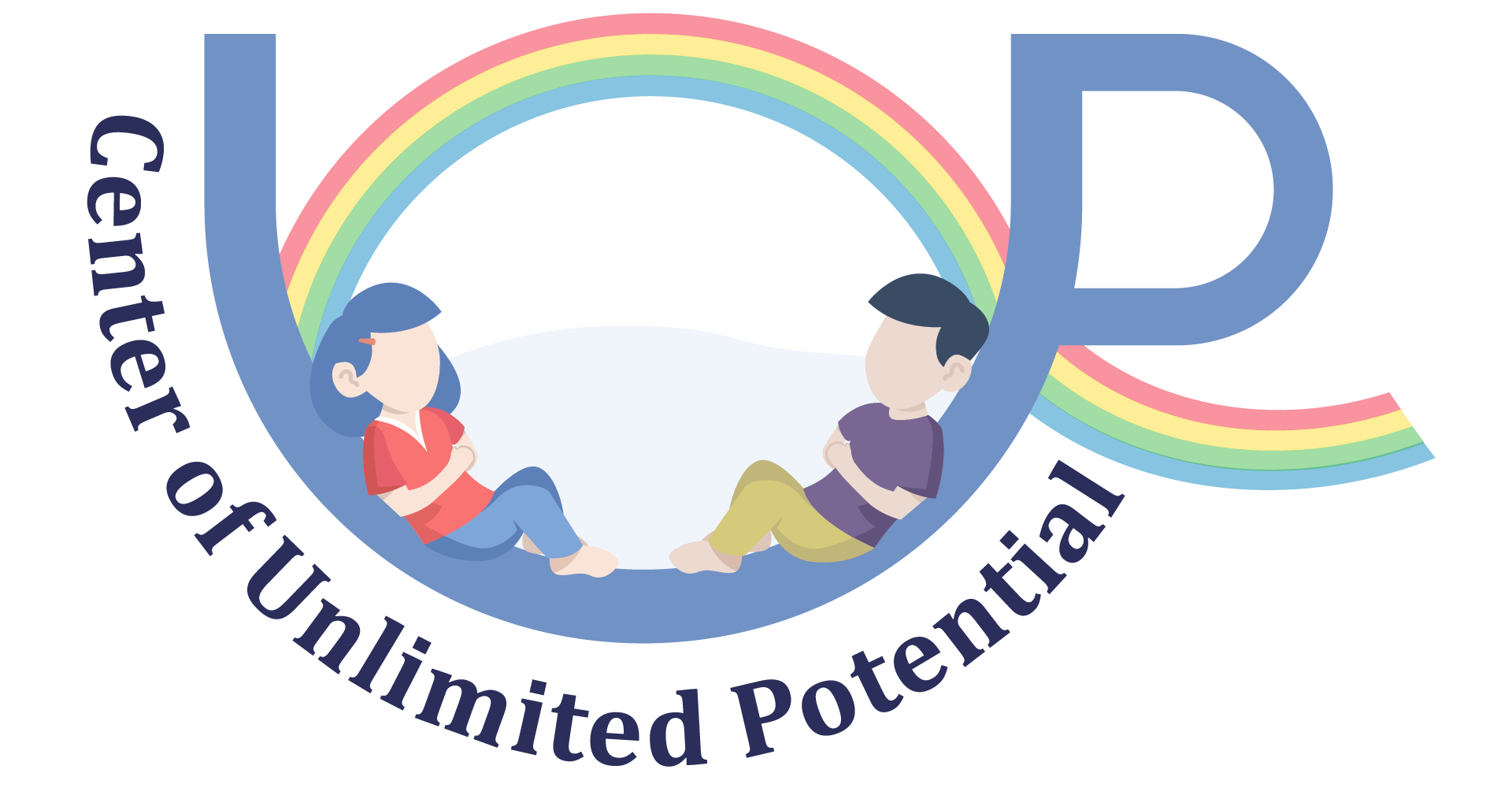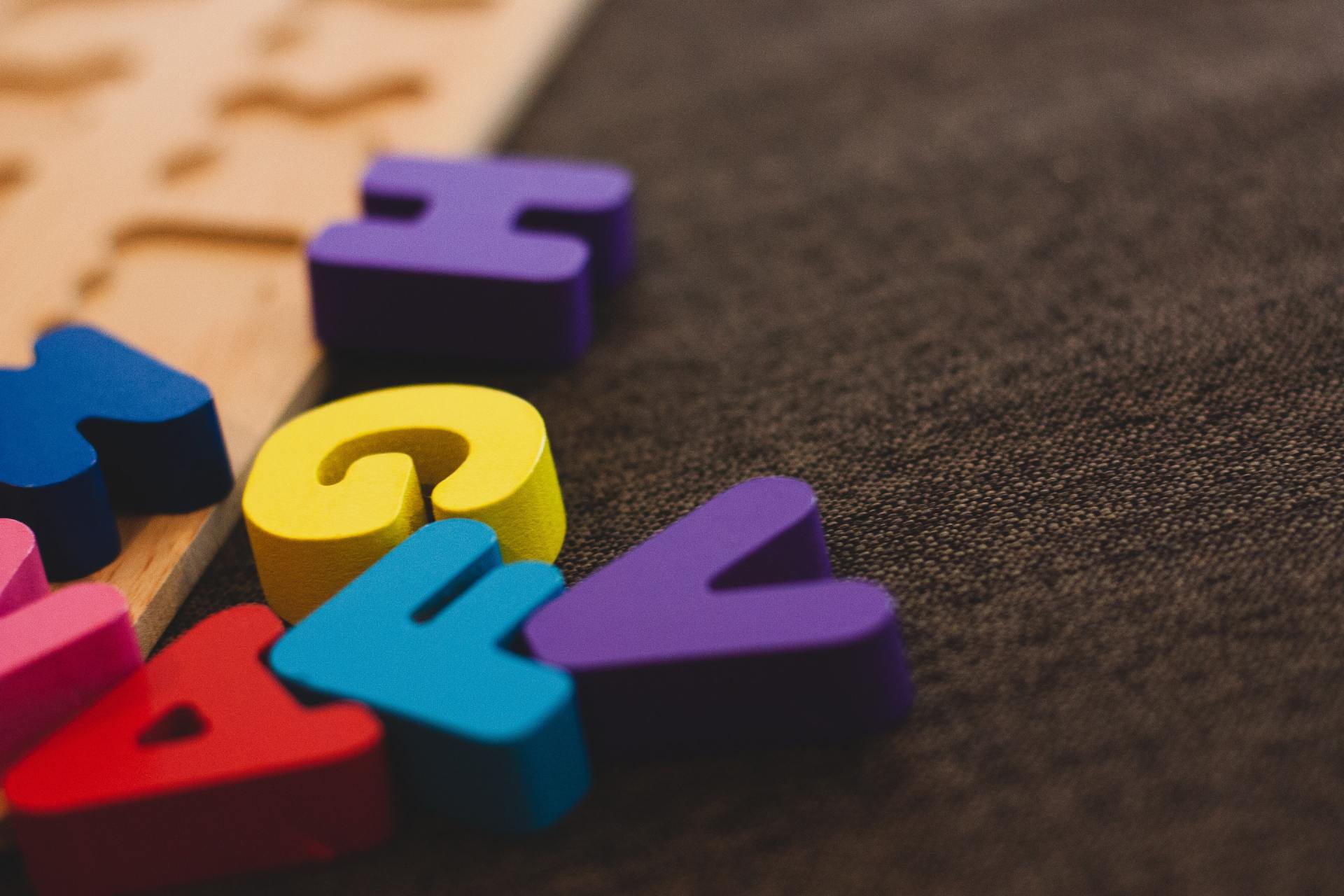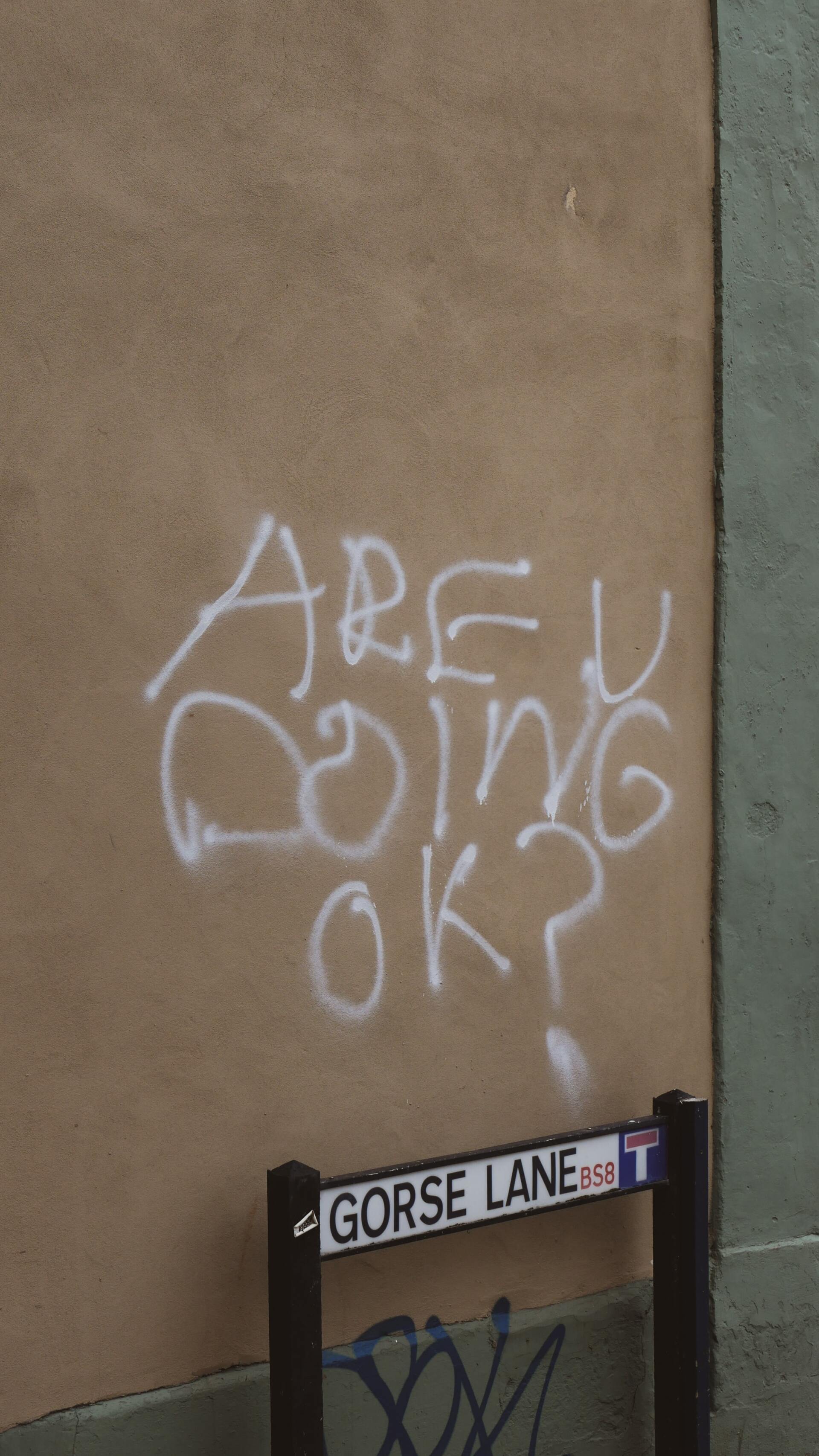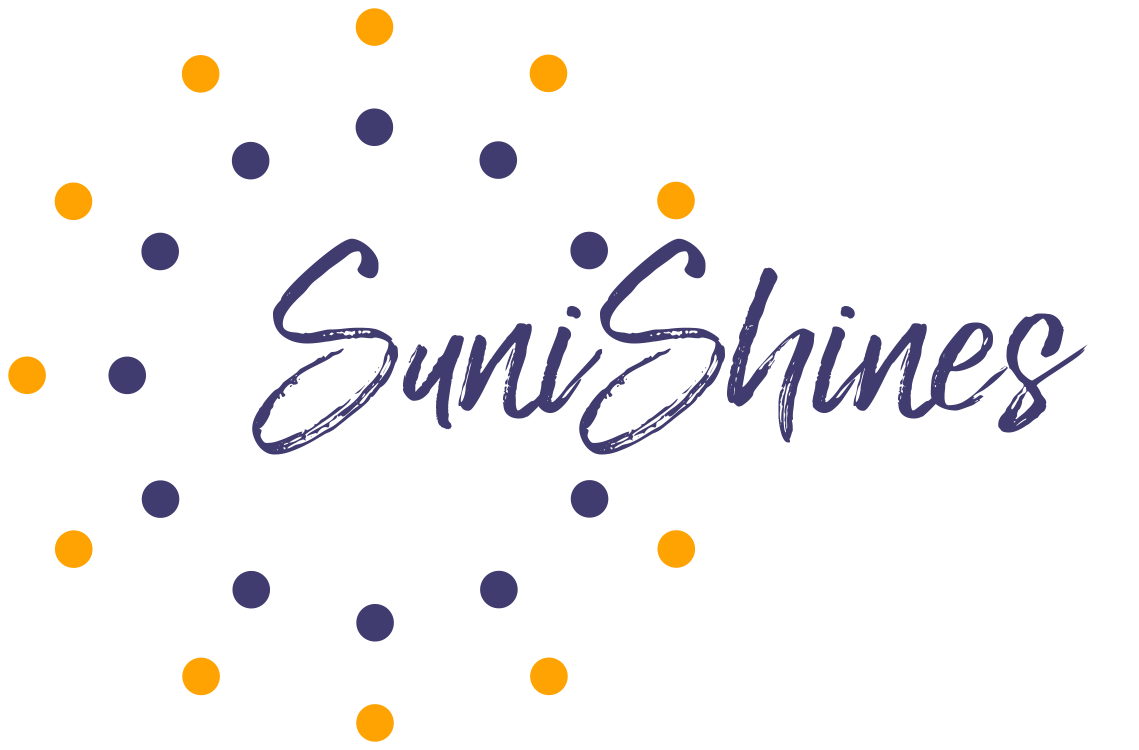Counseling and Therapy for individuals, couples and families.
Counseling and Therapy for individuals, children and couples.
Stigma Regarding Mental Illness among People of Color
Communities of Color
One of the remaining taboos in many communities of color is the stigma around mental illness. Whether it’s depression or anxiety (or, the worst-case scenario, suicide), there is a longstanding belief in these communities that such concerns are taboo, and their impact is the problem of “the other.” Though communities of color, because of socioeconomic challenges, may be at higher risk for poor mental health, this stigma contributes to a reluctance to recognize the need for the help of a physician or therapist.
For many in the African American community, our story is one of perseverance and resilience. After all, we survived slavery; surely, we can survive “sadness” or “anxiety.” In this mindset, anything less would be considered spiritual or moral weakness. The problem, in part, is that we often fail to recognize that mental illness is much more than feeling melancholy or anxious, it is not a sign of weakness, and it does not discriminate based on skin color. We fail to recognize mental illness as an “illness,” as we would cancer, diabetes, or high blood pressure.
According to the National Alliance on Mental Illness,[i] approximately 1 in 5 adults in the United States experience mental illness in a given year. This is irrespective of race, creed, or color. In addition, according to the U.S. Department of Health and Human Services Office of Minority Health,[ii] adult Black/African Americans are 20 percent more likely to report serious psychological distress than adult Whites. Despite this, African Americans are less likely than Whites to seek out treatment and more likely to end treatment prematurely. On the one hand, this is due in part to long-held beliefs related to stigma, openness, and help-seeking, which can make African Americans and other people of color hesitant to reach out. On the other, we professionals in the healthcare community must do the work to establish ourselves as credible, reliable sources of support.
As healthcare providers in this age of “whole person care,” it is incumbent upon us to determine how to address and overcome this stigma. If we are to address the social determinants that impact health in communities of color, we must first understand not only the challenges but the attitudes and norms regarding these challenges. We must own up to the fact that underserved communities are underserved for a reason: The reason is that we (healthcare providers) haven’t been there.
It is arrogant to believe that we can decide to focus on communities that have gone underserved and be embraced and trusted, without earning that trust. We must start by listening and seeking to understand not only communities of color but all underserved or inappropriately served communities, including the LGBTQ and socio-economically disadvantaged communities. We must also change the narrative from a conversation about mental illness to a conversation about mental wellness. Mental health is, after all, more than depression, anxiety, or a bipolar disorder diagnosis. It is your overall emotional and mental wellbeing, including both positive and negative elements.[iii]
Communities of color are no different than any other community in that everyone wants to live a healthy life: physically, mentally, spiritually, and emotionally. The challenge for communities of color and healthcare providers alike is defining what a healthy community looks like through the prisms of stigma and historical adversity, which includes race-based exclusion from health, educational, social, and economic resources. It is only by working together collaboratively as fully engaged partners that we can overcome this challenge.

Change starts with a single step forwards
All Rights Reserved | Center of Unlimited Potential
Web Designer | Suni White | ceo@sunishines.com 209.769.1351



